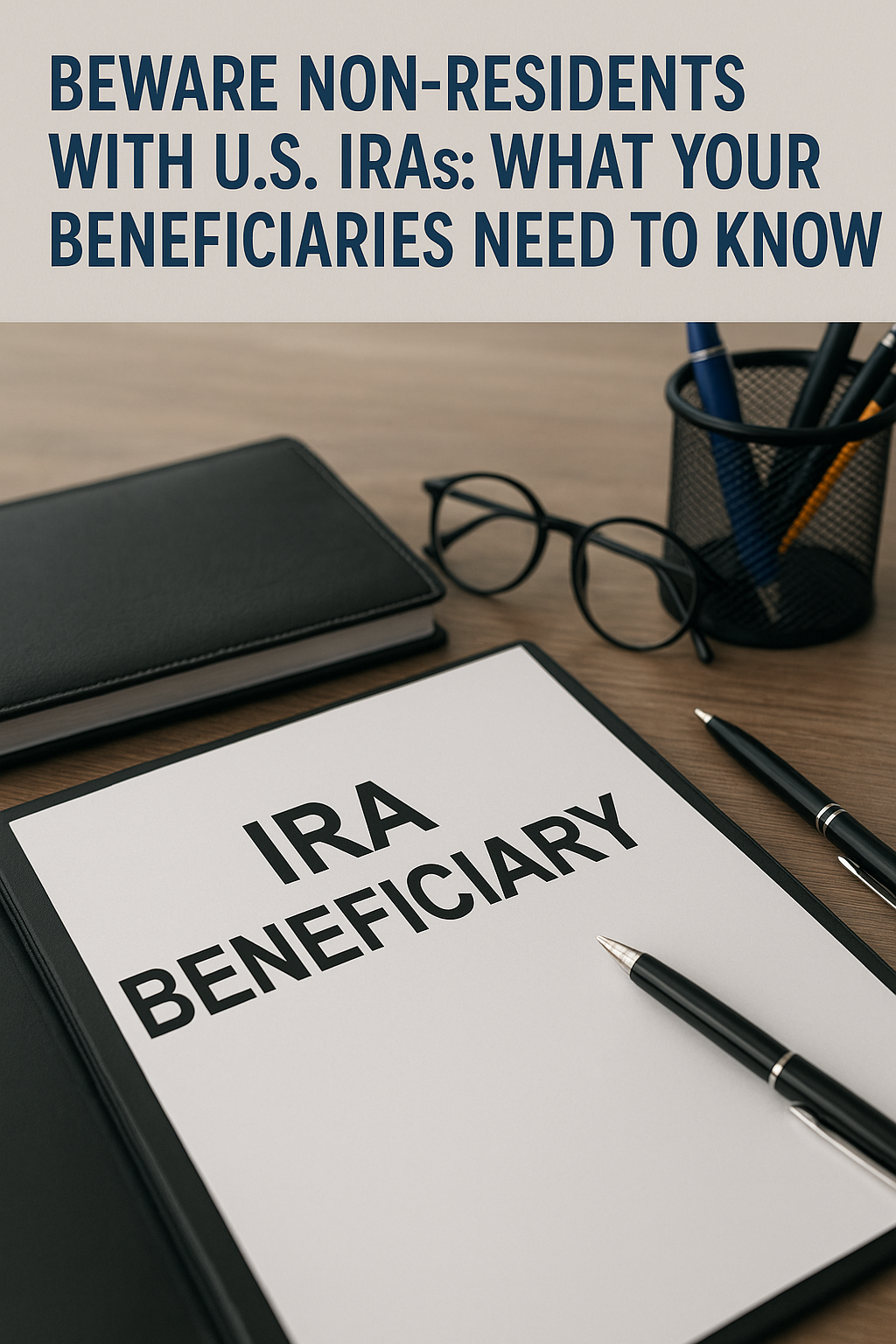By 49th Parallel Wealth Management
 alt="" />
alt="" />Canadians can breathe a sigh of relief: the proposed capital gains tax increase has been officially scrapped.
On March 21, 2025, newly appointed Prime Minister Mark Carney confirmed the cancellation of the Liberal government’s plan to raise the capital gains inclusion rate from 50% to 66.67% for corporations, trusts, and individual investors with capital gains above $250,000 annually. According to the Prime Minister’s official statement, this controversial tax measure “would have stifled entrepreneurship, punished long-term investment, and undermined retirement planning for hardworking Canadians.”
This announcement follows the Conservative Party’s long-standing commitment to repeal the capital gains tax in Canada hike if it had been implemented. Pierre Poilievre previously vowed to “axe the Liberal capital gains tax hike,” making it a rare point of agreement between Canada’s major political parties.
A Victory for Canadian Investors and Entrepreneurs
This policy reversal is a major win for investors, business owners, and retirees—especially those with large non-registered investment portfolios, real estate holdings, or plans to sell a business in the coming years.
Here’s what it means in practical terms:
- The capital gains inclusion rate remains at 50%. This means only half of your capital gain will be subject to tax—not two-thirds as originally proposed.
- No rushed dispositions or strategic accelerations required. Canadians who were preparing to accelerate asset sales to beat the implementation deadline can now hit pause and revisit their long-term strategy. Some advisors and investors already sold assets in anticipation of the increased inclusion rate. We did not. Politics is volatile so we don’t make changes to client plans and portfolios until there is more certainty around new tax policy.
- Corporate and trust tax planning retains more flexibility. Professionals and business owners can still access efficient capital structures without facing punitive tax treatment on growth.
What This Means for Our Clients at 49th Parallel Wealth Management
For our clients, especially those with cross-border tax exposure, business exit strategies, property in both countries, or trusts, this policy cancellation provides welcome clarity.
Here’s how we’re helping our clients take advantage of the unchanged rules:
1. Smarter Retirement and Estate Planning
Capital gains tax plays a central role in retirement income planning and estate equalization. With the 50% inclusion rate preserved, our clients have more certainty around drawdown strategies, tax-loss harvesting, and intergenerational wealth transfers.
2. Cross-Border Tax Coordination
For Canadians with U.S. tax obligations, the lower inclusion rate helps harmonize the treatment of capital gains across borders, reducing complexity. Our cross-border financial planners can help you optimize your U.S.-Canada tax strategy.
3. Real Estate and Business Sales
Canadians selling vacation properties, rental real estate, or privately held businesses can continue planning without facing an abrupt increase in their tax bill. This could preserve hundreds of thousands in after-tax wealth for some families.
The Takeaway: This Is the Time to Recalibrate
Now that the dust has settled, this is the perfect time to revisit your financial plan with a calm, forward-looking mindset. The threat of a significant capital gains hike spurred many to consider drastic moves—now, you can plan without pressure.
If you paused a major financial decision due to tax uncertainty, let’s connect and assess your strategy under the current rules.
📞 Book a strategy call today
🌐 49thparallelwealthmanagement.com
At 49th Parallel Wealth Management, we specialize in helping Canadian and cross-border families navigate tax policy, investment strategies, and retirement transitions with confidence. Whether you’re managing a portfolio, selling a business, or planning cross-border income streams, we’ll help you make the most of Canada’s now-stable tax environment.




